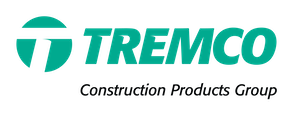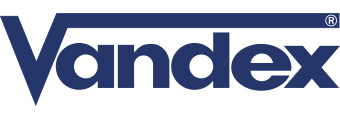Potable Water
Clean drinking water is of the utmost importance to the health and wellbeing of people. In Europe it’s taken for granted as at least 98% of the EU drinking water meets EU standards.1 But it hasn’t always been this way.
Cholera then and now
One of the worst diseases spread via polluted drinking water is Cholera. Cholera pandemics occurred in Europe between 1817 and resurfaced off-and-on until 1896 after which cities in greatly Europe improved their drinking water facilities, proving the importance of clean drinking water and hygiene.
Unfortunately, Cholera has not yet been eliminated from the world as many countries still do not have access to vaccines or clean drinking water. The WHO reports that there are still 1.3 to 4.0 million cases of cholera with up to 143.000 deaths worldwide.
The status on Cholera is constantly monitored by the European Centre for Disease Prevention and Control. Donations to improve drinking water facilities and provide vaccines for example can be made to Doctors Without Borders.
European Legislation
Every EU country can still make its own plans and improvements, independent from the EU. For example, The Netherlands passed a law to lower the amount of lead in drinking water from 10 to 5 micrograms in 2022. And in England and Wales, the RP19 determinations strive to improve water facilities, reduce pollution and protect from flooding.
Even though the drinking water in Europe is of high quality, improvements are still being made on a European level. New rules are being implemented to improve availability and quality of drinking water out of the tap to EU citizens, and to reduce the use of bottled water. 4 5
In the near future, we will hear a lot about Article 10 of the Drinking Water Directive which states:
“The agreement includes detailed hygienic requirements for materials in contact with drinking water and gives theEuropean Chemicals Agency a key role to ensure that only safe substances can be used in pipes and taps in contact with water. This harmonisation will facilitate the smooth functioning of the internal market for products in contact with drinking water while improving public health.”
It’s too early to state if and how this has an effect on water treatment facilities and infrastructure, but at Vandex we are ready.
Vandex
Be prepared for the future and Article 10 of the Drinking Water Directive. Read up on our solutions and technologies:
Or, contact us directly.
Recommended Systems
Vandex suggests the following products for use in this application area…
- VANDEX BB 75
- VANDEX BB WHITE
- VANDEX CEMLINE FS GREY
- VANDEX CEMLINE FS WHITE
- VANDEX CEMLINE MG 4
- VANDEX CEMLINE MG 4 FF
- VANDEX CEMLINE MG 4 FF H
- VANDEX CEMLINE NATURE
- VANDEX CEMLINE PRO WHITE
- VANDEX CONCRETE GREY
- VANDEX FLEXTAPE
- VANDEX FLEXTAPE ADHESIVE TW
- VANDEX MINERALIT
- VANDEX PLUG
- VANDEX PREMIX
- VANDEX SUPER
- VANDEX UNI MORTAR 1
This website uses cookies and other tracking technologies (also known as pixels or beacons) to aid your experience (such as viewing videos), as well as “performance cookies” to analyze your use of this website and to assist with marketing efforts. If you click the "Accept All Cookies" button or continue navigating the website, you agree to having those first and third-party cookies set on your device. If you do not wish to accept cookies from this website, you can choose to not allow cookies from this website by updating your browser preferences. For more information on how we use Cookies, please read our Privacy Policy.
Accept All Cookies







